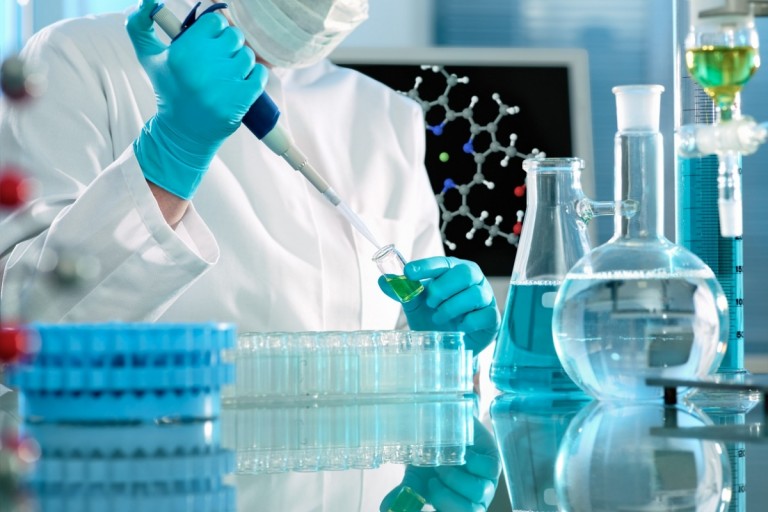
Regeneron Pharmaceuticals Inc (NASDAQ:REGN) declared that its anti-NGF pain molecule, fasinumab cleared a Phase II/III study for patients suffering from osteoarthritis; demonstrating major improvements on a critical pain score.
The nerve growth factor antibody was stalled five years ago after patients experienced blowing out of their joints after undergoing treatment. However, later developers were able to put together a plan that met the FDA’s safety concerns. Pfizer Inc. (NYSE:PFE)’s tanezumab – allied with Eli Lilly and Co (NYSE:LLY) in a deal valued at $1.8 billion – and Johnson & Johnson (NYSE:JNJ)’s fulranubab back in the fray along with Regeneron.
Only a month back, J&J gave all right to its molecule back to Amgen, Inc. (NASDAQ:AMGN) where it originated from. It also wrote off four large late-stage studies after calling the move a reprioritization of its assets.
The study involved 421 patients having moderate to severe hip and knee pain who did not experience relief with standard painkillers. Subsequent to 16 weeks of treatment, the group treated with Regeneron’s fasinumab improved by over 3 points on a 10-point pain scale substantially better than the group taking placebo.
Around 17% of the patients taking fasinumab had adverse side effects such as swelling, numbness, burning sensation on the skin and non-inflammatory joint pain. The researchers conducted exhaustive imaging of the subjects. The reason is that fasinubab is part of the class of medicines – nerve growth factor (NGF) antibodies associated with joint damage. Imaging results led to 2% of the subjects being excluded. Among the remaining, five subjects had stress fractures affecting abnormal bones.
Geoff Meacham of Barclays said while they were happy by the potency of the drug, there are worries related to safety, particularly, with treatment over 16 weeks. This test treated subjects for 12 weeks, with efficacy gauged at 16 weeks. Safety will be measured up to week 36 with subjects off treatment.
The organization is conducting a 10,000 subject phase IIB/III safety trial that will examine the molecule over longer periods of time. Along with this study, the organization will require to finish a vital Phase III for regulatory approval.




